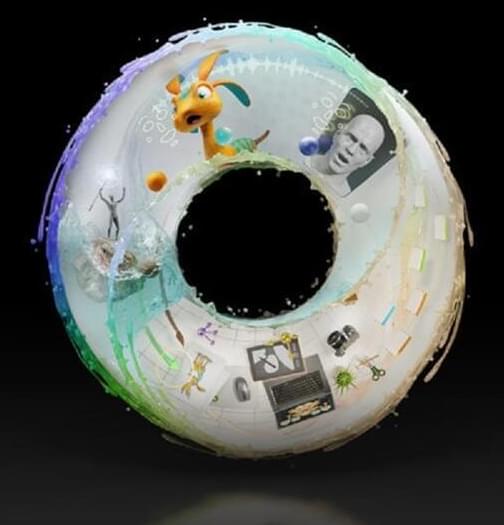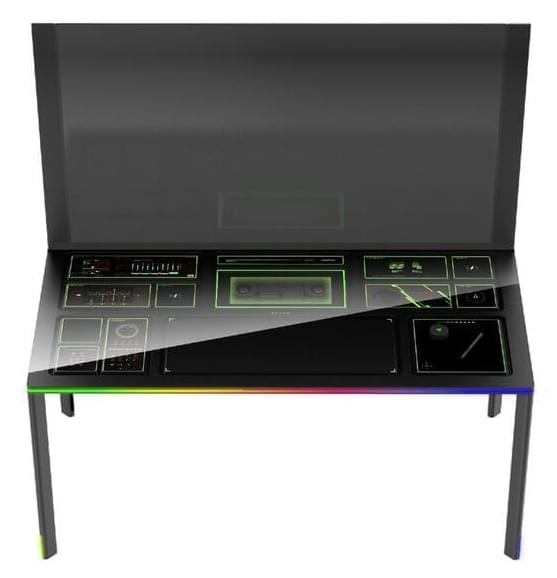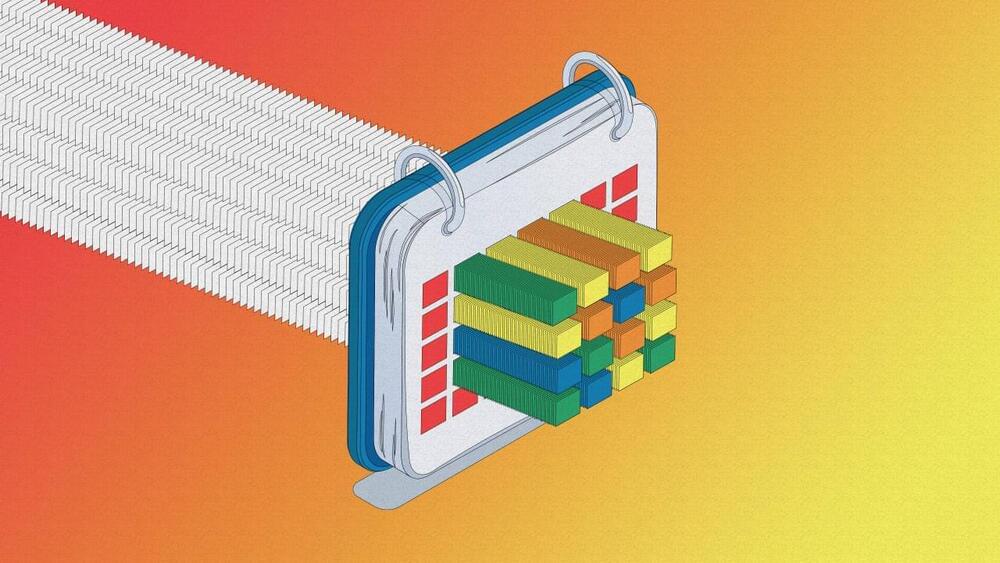More EVs are being sold in states that allow direct sales.


Lidar safety company Luminar and carmaker Volvo announced a vehicle that uses an integrated lidar sensor to avoid crashes.

The People’s Republic of China, the French Republic, the Russian Federation, the United Kingdom of Great Britain and Northern Ireland, and the United States of America consider the avoidance of war between Nuclear-Weapon States and the reduction of strategic risks as our foremost responsibilities.
We affirm that a nuclear war cannot be won and must never be fought. As nuclear use would have far-reaching consequences, we also affirm that nuclear weapons—for as long as they continue to exist—should serve defensive purposes, deter aggression, and prevent war. We believe strongly that the further spread of such weapons must be prevented.
We reaffirm the importance of addressing nuclear threats and emphasize the importance of preserving and complying with our bilateral and multilateral non-proliferation, disarmament, and arms control agreements and commitments. We remain committed to our Nuclear Non-Proliferation Treaty (NPT) obligations, including our Article VI obligation “to pursue negotiations in good faith on effective measures relating to cessation of the nuclear arms race at an early date and to nuclear disarmament, and on a treaty on general and complete disarmament under strict and effective international control.”
Pumped hydropower is great. This method might be even better.
Two new compressed air storage plants will soon rival the world’s largest non-hydroelectric facilities and hold up to 10 gigawatt hours of energy. But what is advanced compressed air energy storage (A-CAES), exactly, and why is the method about to have a moment?
Compressed air is part of a growingly familiar kind of energy storage: grid-stabilizing batteries. Like Elon Musk’s battery farm in Australia and other energy overflow storage facilities, the goal of a compressed air facility is to take extra energy from times of surplus and feed it back into the grid during peak usage.
Here’s how the A-CAES technology works: Extra energy from the grid runs an air compressor, and the compressed air is stored in the plant. Later, when energy is needed, the compressed air then runs a power-generating turbine. The facility also stores heat from the air to help smooth the turbine process later on.

Omniverse, billed by Nvidia as a metaverse for engineers, will now have a free version available for a much larger community of creators and artists.
Omniverse is moving out of beta into 1.0 availability for customers. On top of that, it will have a free version for millions of individual creators and artists. Nvidia made the announcement at the CES 2022 tech trade show in Las Vegas.
The Omniverse is Nvidia’s simulation and collaboration platform delivering the foundation of the metaverse, the universe of virtual worlds that are all interconnected, like in novels such as Snow Crash and Ready Player One.

The robot not only monitored the worker’s brain waves, but also collected electric signals from muscles, as it worked seamlessly together to assemble a complex product, according to its developers at China Three Gorges University’s Intelligent Manufacturing Innovation Technology Centre.
The co-worker did not need to say or do anything when they needed a tool or a component, as the robot would recognise the intention almost instantly, picking up the object and putting it on the workstation, according to the developers.
Trained robot monitored co-worker’s brain waves and muscle signals to predict needs, China Three Gorges University team says in domestic peer-reviewed paper.


Tractors that steer themselves are nothing new to Minnesota farmer Doug Nimz. But then four years ago, John Deere brought a whole new kind of machine to his 2,000-acre corn and soybean farm. That tractor could not only steer itself but also didn’t even need a farmer in the cab to operate it.
It turns out the 44,000-pound machine was John Deere’s first fully autonomous tractor, and Nimz was one of the first people in the world to try it out. His farm served as a testing ground that allowed John Deere’s engineers to make continuous changes and improvements over the last few years. On Tuesday, the rest of the world got to see the finished tractor as the centerpiece of the company’s CES 2022 press conference.
“It takes a while to get comfortable because … first of all, you’re just kind of amazed just watching it,” said Nimz, who on a windy October afternoon described himself as “very, very interested” but also a “little suspicious” of autonomous technology before using John Deere’s machine on his farm. “When I actually saw it drive … I said, ‘Well, goll, this is really going to happen. This really will work.’”

CES wouldn’t be the Consumer Electronics Show without Razer bringing at least one prototype product to the event. This year was no different with the company using the annual trade show to unveil Project Sophia, a concept modular gaming desk. In its current iteration, the table includes room for 13 separate modules. These can be used to add components like touchscreen hotkey panels, external capture cards and audio mixers to Project Sophia, thereby allowing you to modify the station to your needs. Razer claims it’s possible to reconfigure the table “in seconds.”
The computer that powers everything is housed in a chassis that magnetically snaps underneath Project Sofia’s glass tabletop surface. Razer says it features the latest components from Intel and NVIDIA, and you can detach the case at any point to install new upgrades. Naturally, this being a Razer product, you’ll find plenty of RGB lighting, all of which you can control through the company’s Chroma software. But arguably the most eye-catching aspect of Project Sophia is the 65-inch OLED display Razer has built into the station. The company says it will also offer a model with a 77-inch display – but we’ll note here Project Sophia may never make it to market.
Looking at the rest of the concept, Razer appears to have paid less attention to ergonomics. Judging from the renders the company shared, you can’t adjust the height of Project Sophia to make it a standing desk or to better accommodate the position of a chair. And speaking of chairs, the company also unveiled a “Pro HyperSense” version of its $399 Enki gaming chair. Razer partnered with D-Box to add haptics to the chair. It will support 2,200 games, movies and TV series, including releases from publishers like Ubisoft and Microsoft. Oh, and it too will come with RGB lighting.
